Who Is The Decision Maker In A Company
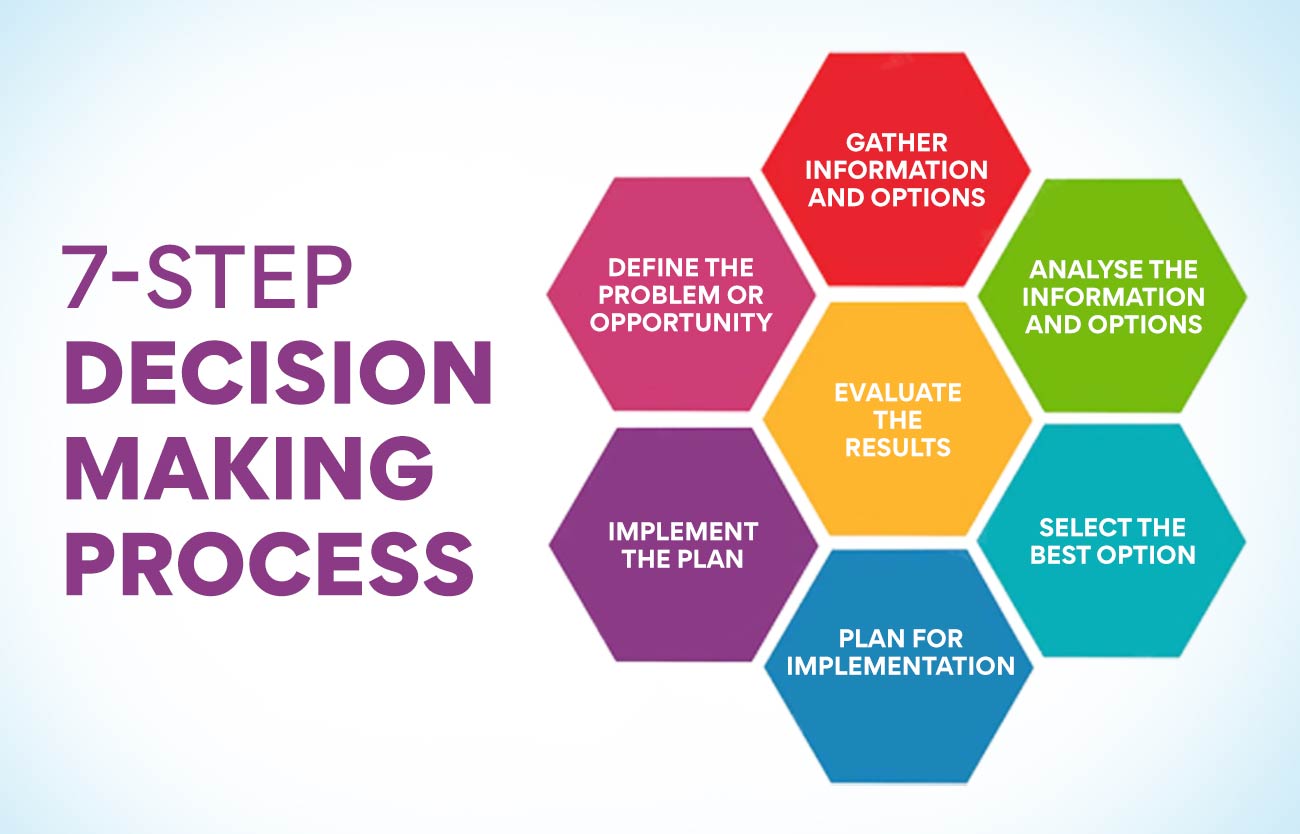
Imagine a bustling office, sunlight streaming through the windows as teams huddle, ideas spark, and decisions are made. It's a hive of activity, but behind the apparent chaos lies a structured hierarchy, a network of individuals contributing their expertise to steer the ship. But who ultimately holds the reins? Whose voice carries the most weight when the stakes are high?
At the heart of every company lies a pivotal question: who is the decision-maker? While it seems straightforward, the answer is multifaceted and depends on the company's structure, size, and culture. This article delves into the intricacies of decision-making within a company, exploring the various roles and responsibilities that contribute to the final outcome.
The Traditional Hierarchy: A Top-Down Approach
Traditionally, decision-making power resided at the top. The CEO, or Chief Executive Officer, stood as the ultimate authority, making the most significant calls for the organization.
Reporting to the CEO were other key executives, such as the CFO (Chief Financial Officer), COO (Chief Operating Officer), and other vice presidents, each responsible for their respective departments.
This hierarchical structure, while efficient in certain contexts, could sometimes lead to bottlenecks and limit innovation.
Beyond the C-Suite: Empowering Teams and Individuals
However, the corporate landscape is changing. Many modern companies are adopting more collaborative and distributed decision-making models.
Teams are empowered to make decisions within their areas of expertise, fostering a sense of ownership and accountability.
Project managers, product owners, and team leads often play a crucial role in guiding decisions at the operational level.
The Role of Data and Analytics
In an increasingly data-driven world, decisions are no longer solely based on intuition or gut feeling. Instead, companies are leveraging data analytics to inform their strategies.
Teams of data scientists and analysts are responsible for gathering, analyzing, and interpreting data to provide insights that guide decision-making at all levels.
“Data-driven decision-making is no longer a luxury; it's a necessity for staying competitive,” notes a recent report by McKinsey & Company.
The Impact of Company Size and Structure
The size and structure of a company significantly influence its decision-making processes. Startups, with their flat hierarchies, often have a more agile and democratic approach.
Decisions are made quickly, with input from all team members.
Large corporations, on the other hand, typically have more complex structures and formalized processes, with decisions flowing through multiple layers of management.
Consider a small tech startup. The founders, perhaps just a handful of individuals, might collectively decide on product features, marketing strategies, and even hiring decisions.
Contrast this with a multinational corporation, where a complex matrix of departments and committees is involved in major strategic decisions.
The responsibility is dispersed, requiring buy-in from diverse stakeholders.
The Importance of Clear Communication and Accountability
Regardless of the decision-making model, clear communication and accountability are essential for success. Everyone in the organization needs to understand their roles and responsibilities, as well as the decision-making process itself.
When decisions are made, they should be clearly communicated to all affected parties, along with the rationale behind them.
Establishing clear lines of accountability ensures that individuals are responsible for the outcomes of their decisions.
Ultimately, the answer to "who is the decision-maker?" is not always a single name or title. It's a dynamic process that involves multiple individuals and teams, each contributing their expertise and perspective.
The most successful companies are those that foster a culture of collaboration, empowerment, and data-driven decision-making, where everyone feels valued and accountable.
As you reflect on the organizational dynamics within your own workplace, remember that effective decision-making is a shared responsibility, a continuous journey towards better outcomes.
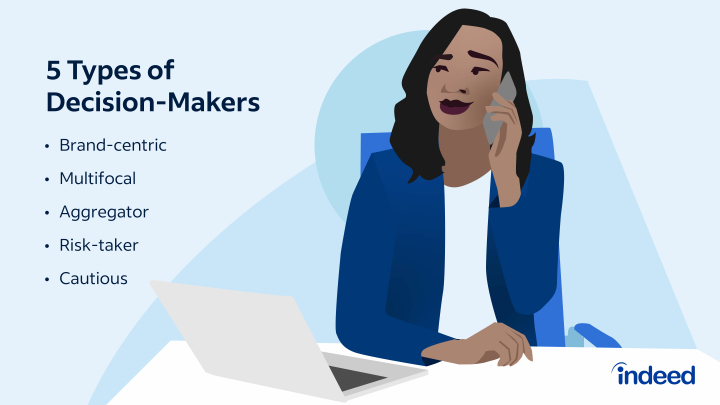
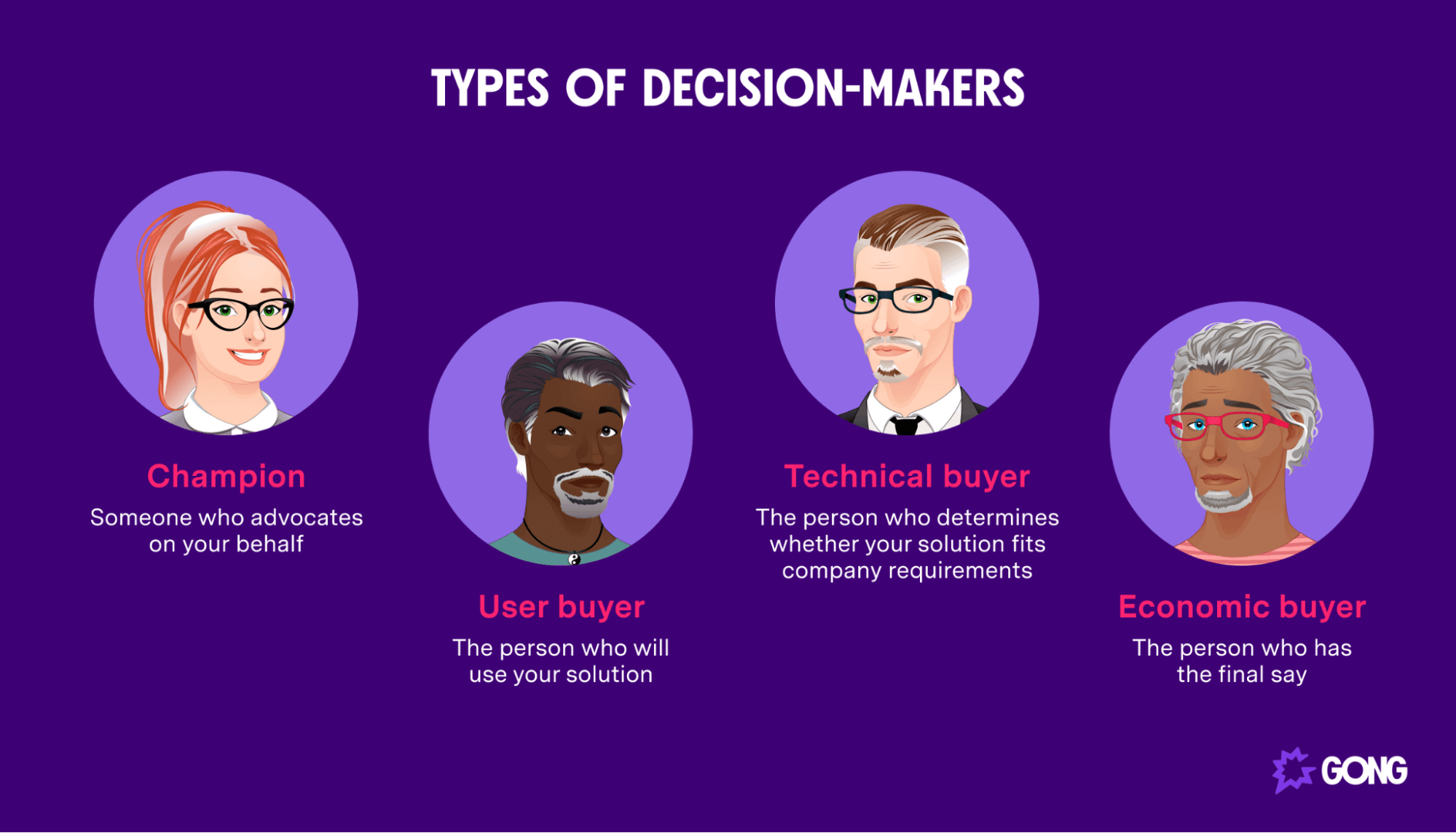
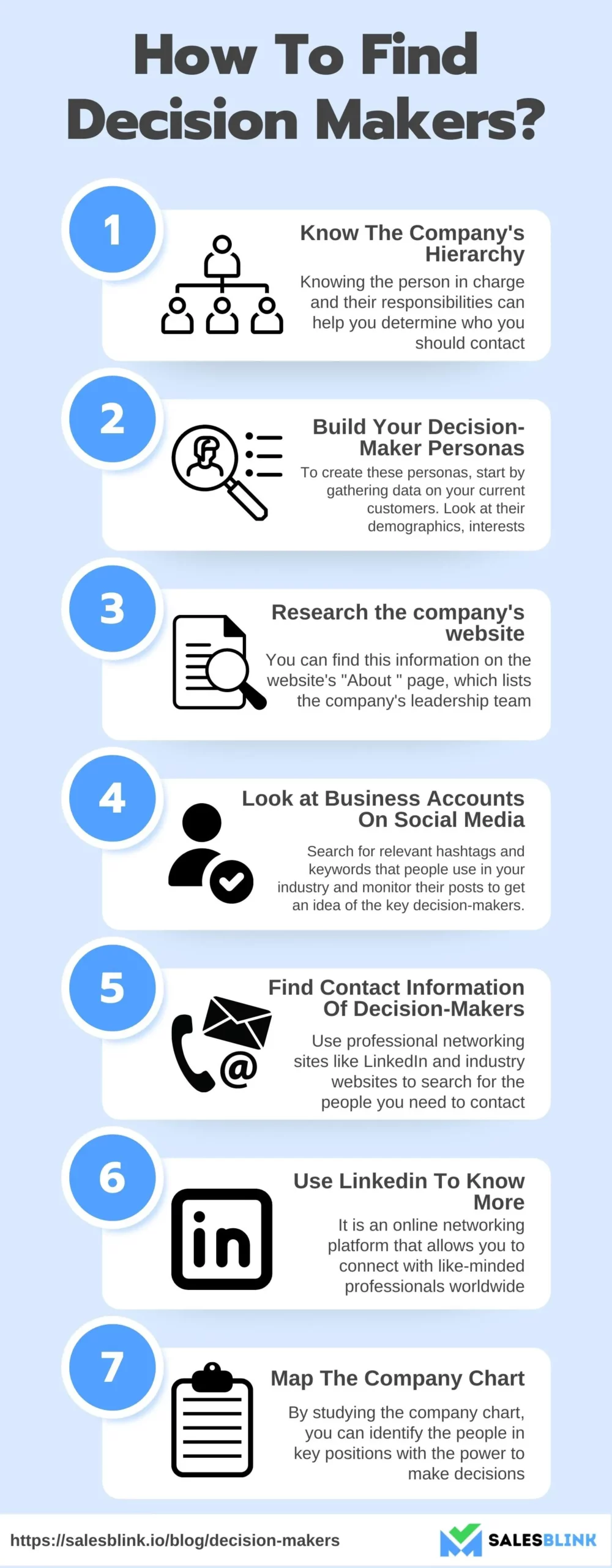
:max_bytes(150000):strip_icc()/decision-making-skills-with-examples-2063748-FINAL-5bad43d946e0fb002688e130.png)


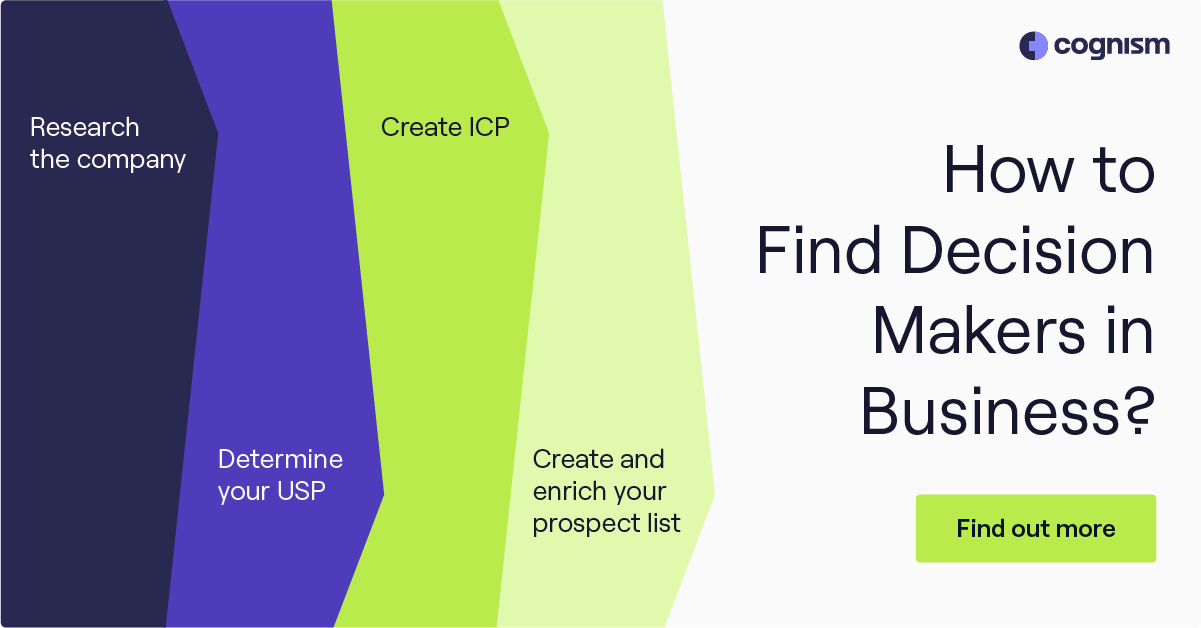
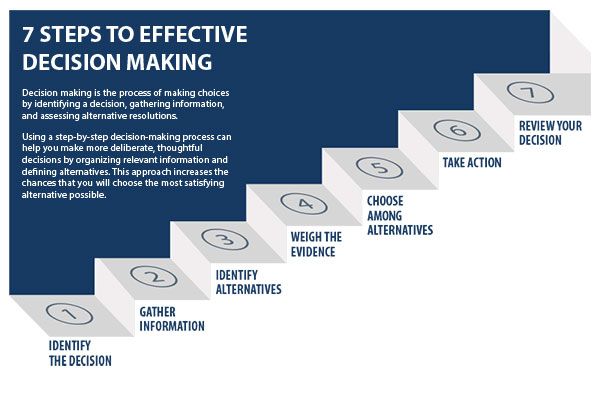
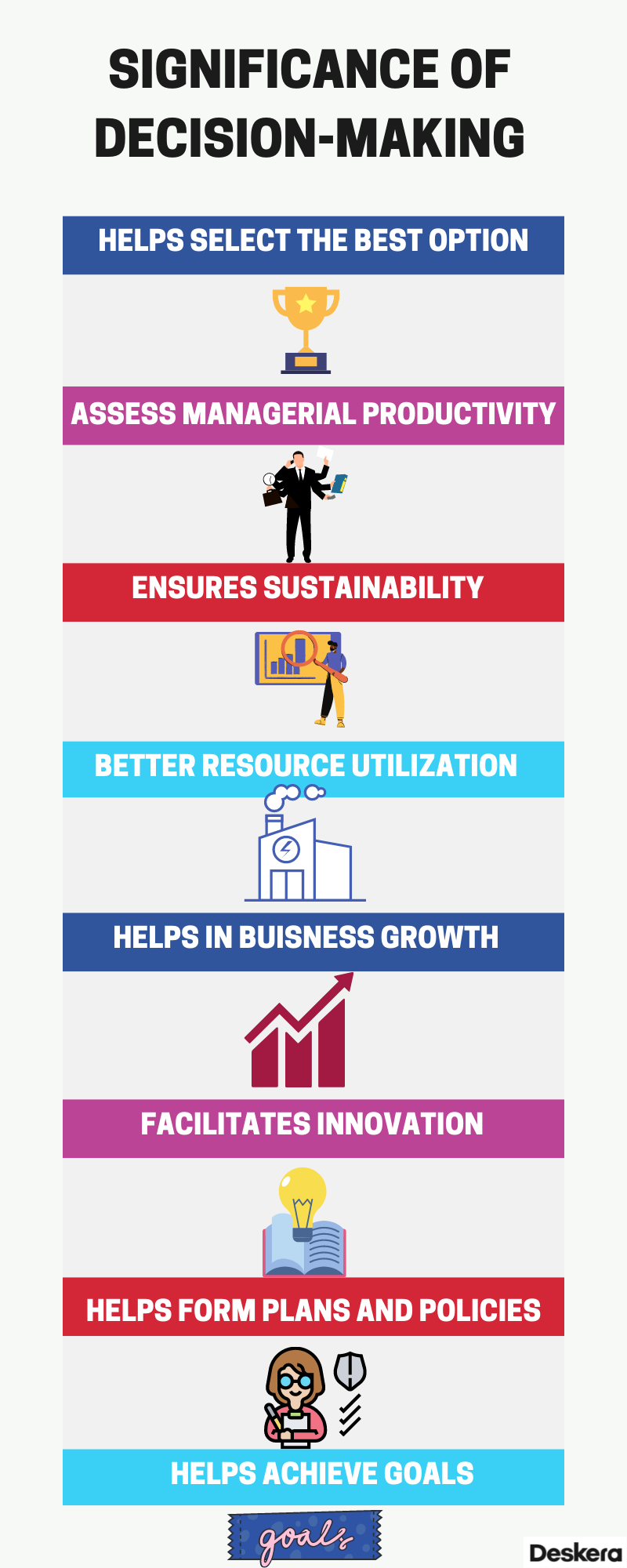
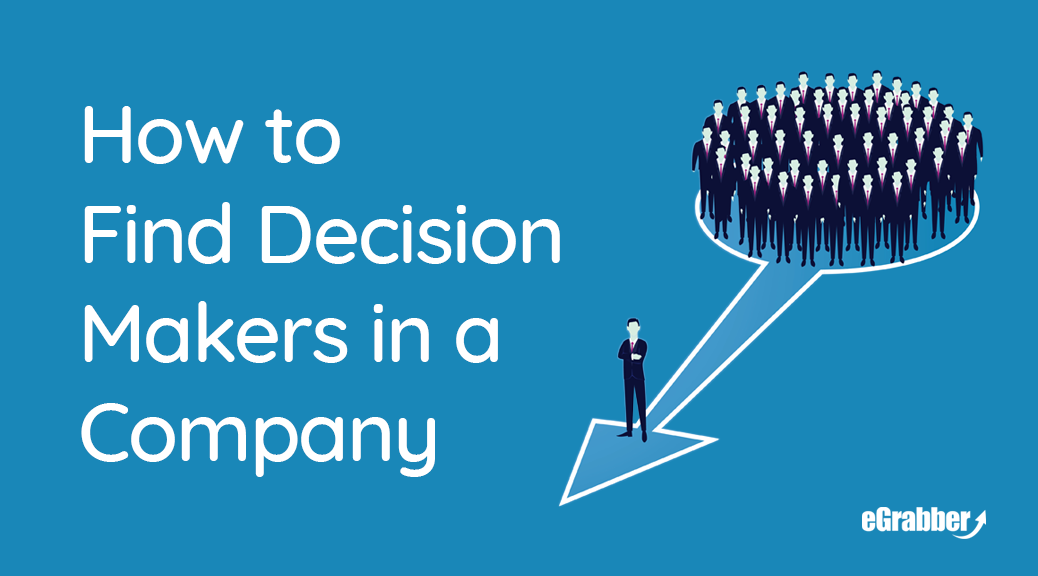

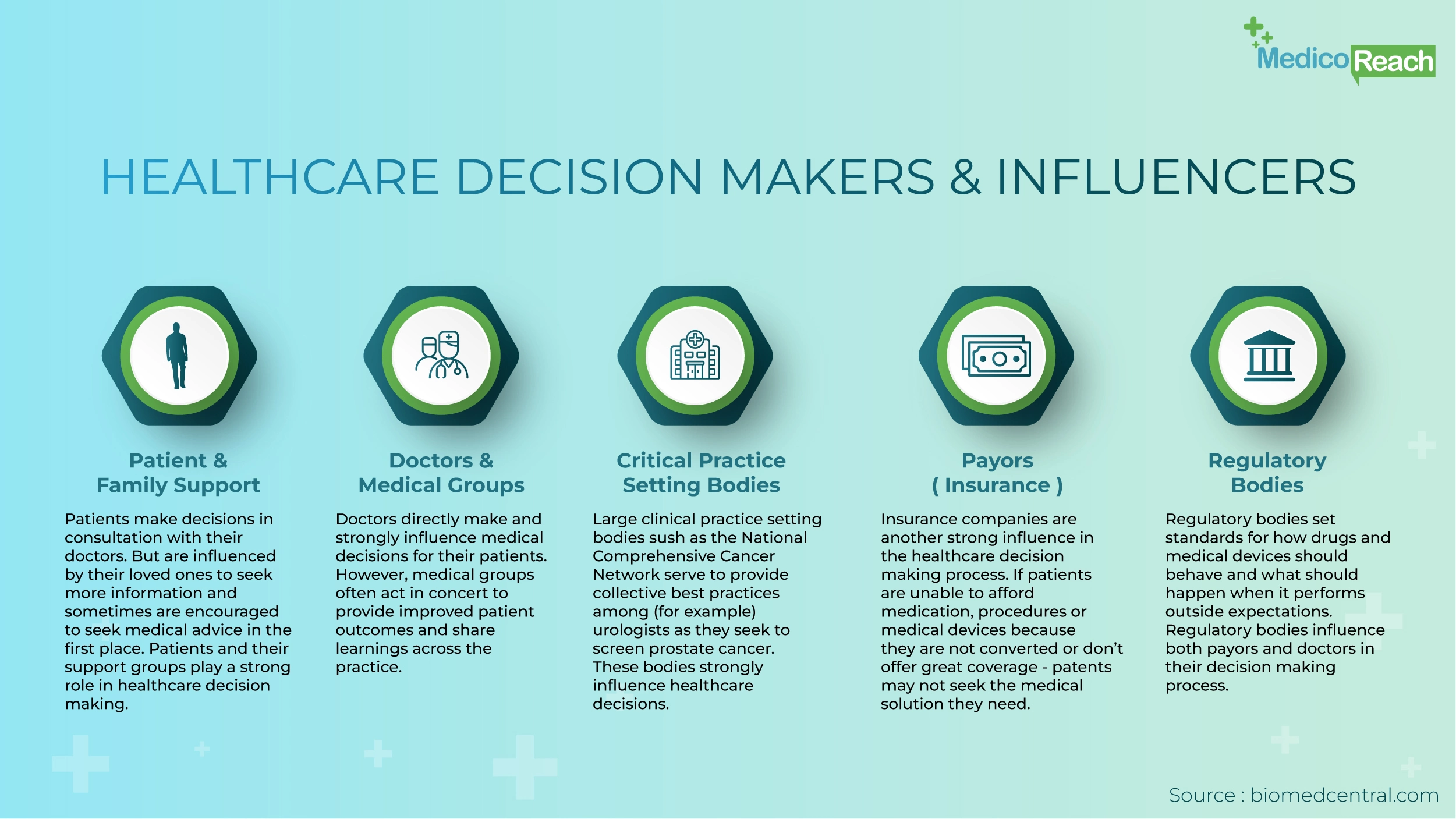




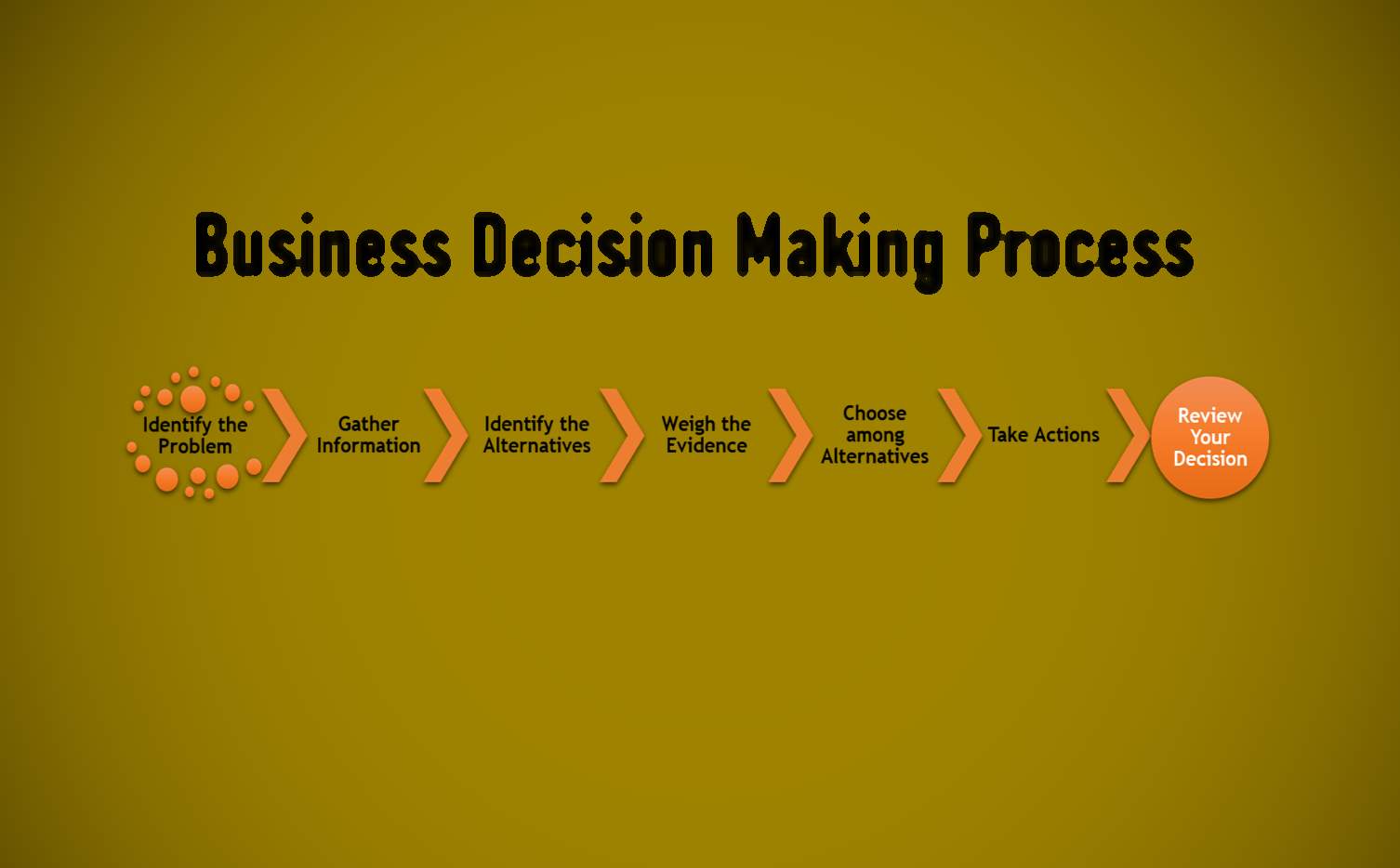
![Who Is The Decision Maker In A Company Business Decision-Making Matrix [Free download]](https://sync.appfluence.com/static/images/business-decision-making-matrix.png)
